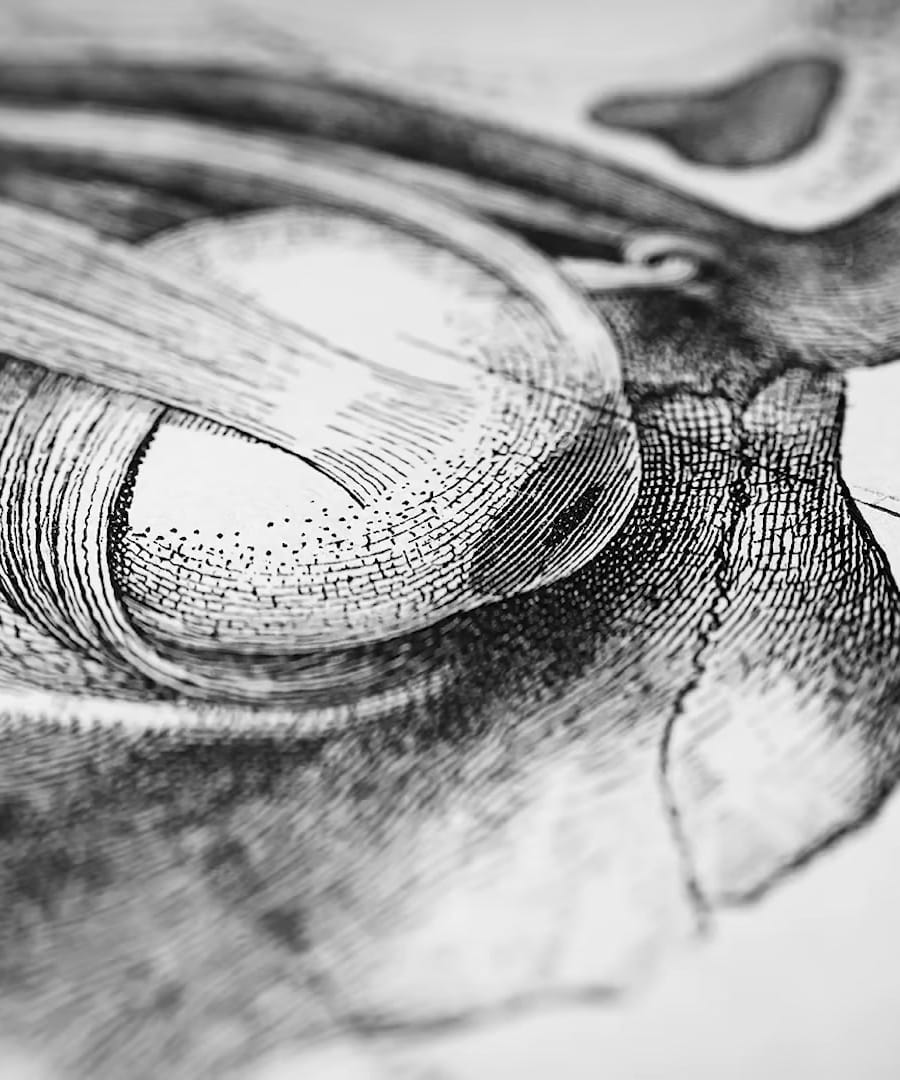Alcohol
Sources:
Alcohol consumption has widespread effects on the body and brain, both positive and negative. Here's a comprehensive overview based on insights from on the :
Biological Impact
-
Cellular Damage: Alcohol is both water- and fat-soluble, allowing it to penetrate all body cells, causing significant damage. Ethanol, the type fit for consumption, is converted into acetaldehyde, a harmful substance further stressing cells 1.
-
Hormonal Effects: Alcohol increases the conversion of testosterone to estrogen, affecting libido, sex drive, and fat storage. It can also lead to estrogen-related cancers such as breast cancer and cause gynecomastia (breast tissue growth) in men 2.
-
Cancer Risk: Regular consumption increases the risk of various cancers, particularly breast cancer, due to changes in gene expression and cell cycle dysregulation. One drink per day can equate to the cancer risk of smoking multiple cigarettes per day 3.
Health Implications
-
No Safe Dose: Research indicates there is no beneficial dose of ethanol. The idea of moderate drinking being healthier than abstinence has been debunked due to various confounding factors in older studies 4.
-
Gut and Liver Impact: Alcohol negatively affects the gut microbiome, leading to issues like leaky gut syndrome, and disrupts the gut-liver-brain axis, impacting overall health 5.
-
Stress System: Even low to moderate alcohol usage can increase stress levels by affecting the HPA (hypothalamic-pituitary-adrenal) axis 6.
Positive Effects and Misconceptions
-
Occasional Use: Occasional consumption (e.g., one or two drinks a month) is unlikely to cause significant health problems for most people 5.
-
Hormesis Argument: The theory that small amounts of alcohol might trigger beneficial hormesis (stress adaptation) does not apply due to the acute cellular damage caused by alcohol 6.
Recommendations
-
Informed Decisions: Understanding the full scope of alcohol’s effects can help make informed choices on consumption. Reducing or avoiding alcohol may be better for long-term health 7.
-
Mitigation Strategies: If consuming alcohol, consider taking steps to mitigate negative effects, such as supporting gut health and managing stress through non-alcoholic methods 6.
In summary, while alcohol has been a part of human culture for millennia, its health impacts are predominantly negative, particularly with regular consumption. For optimal health, avoiding alcohol is preferable, but those who choose to drink should do so with awareness and caution.
RELATED QUESTIONS-
How does alcohol affect the body?
Sources:
Alcohol has several significant effects on both the body and brain, many of which can be harmful. Here are the key insights shared by across various discussions on the :
Cellular and Biological Impact
- Cell Penetration: Alcohol is both water- and fat-soluble, meaning it can easily pass into all our cells and tissues, causing widespread damage 1.
- Toxic Conversion: Ethanol in alcohol is converted into acetaldehyde, a toxic substance that further damages cells. This conversion involves NAD, which depletes this crucial molecule needed for other essential cellular processes 1.
Neural Effects
- Brain Function: Alcohol impacts various brain regions, particularly the prefrontal cortex, which is responsible for planning and impulse control. This leads to a reduction in inhibition, causing people to speak louder, gesture more, and act impulsively 2.
- Memory: Alcohol suppresses neural networks involved in memory formation, leading to forgetfulness and blackouts during heavy drinking sessions 2.
- Mood and Alertness: Initially, alcohol boosts serotonin activity, creating feelings of euphoria. However, as consumption continues, serotonin levels crash, leading to mood declines. Certain individuals with genetic predispositions may feel more alert and euphoric even with higher alcohol intake, which puts them at risk for alcohol dependence 3.
Sleep Disruption
- Sleep Quality: Alcohol fragments sleep, leading to frequent awakenings throughout the night, both conscious and unconscious. This results in non-restorative sleep, leaving individuals feeling unrefreshed 4.
- REM Sleep: Alcohol significantly reduces REM sleep, which is critical for cognitive functions, emotional regulation, and mental health 4.
Hormonal and Long-Term Health Effects
- Hormonal Disruption: Alcohol consumption increases the conversion of testosterone to estrogen, which can lead to various hormonal imbalances and related health issues, such as increased cancer risks and conditions like gynecomastia in men 5.
- Gut and Liver Health: Alcohol negatively impacts the gut microbiome and liver, disrupting the gut-liver-brain axis and causing systemic health issues 5.
Other Effects
- Dehydration: Alcohol acts as a mild diuretic, causing increased water loss. This can lead to visible signs of dehydration, such as hollowing under the eyes and decreased skin suppleness 6.
Mitigating Factors
- Food Consumption: Eating before or while drinking can slow the absorption of alcohol into the bloodstream, reducing the immediate feeling of intoxication, though it doesn’t prevent the eventual effects of alcohol already in the bloodstream 7.
Understanding these effects helps in making informed decisions about alcohol consumption and its potential risks and benefits. For most people, reducing or avoiding alcohol is better for long-term health.
RELATED QUESTIONSSummarize What Alcohol Does to Your Body, Brain & Health | Huberman Lab Podcast #86
Sources:
In , delves into the extensive impacts of alcohol on the body and mind. Here are some key points discussed in the episode:
Biological and Neural Impact
- Cellular Damage: Alcohol is both water- and fat-soluble, allowing it easy access to all cells and tissues, leading to widespread damage. Ethanol, the type of alcohol in beverages, is toxic and is converted in the body to acetaldehyde, a more harmful compound 1.
- Brain Health: Even light to moderate alcohol consumption can reduce cortical thickness and gray matter volume in the brain. This reduction is dose-dependent, meaning the more alcohol consumed, the greater the shrinkage in brain structures 2.
- Neural Circuitry: Chronic consumption leads to significant changes in brain circuitry and neurochemistry, including increased baseline stress levels, diminished mood, and a greater inclination to drink more for stress relief 3.
Hormonal and Gut Health
- Hormonal Disruption: Alcohol can alter the gut-liver-brain axis, impacting stress response and gut health. Regular alcohol consumption is associated with hormonal imbalances 4.
- Gut Microbiome: Alcohol negatively affects the gut microbiome, which is crucial for overall health. Addressing the gut health is recommended for those attempting to reduce or quit drinking 5.
Sleep and Cognitive Effects
- Sleep Fragmentation: Alcohol disrupts sleep patterns, leading to fragmented sleep and reduced REM sleep, which is essential for cognitive functions and emotional regulation 6.
Recovery and Recommendations
- Stress and Anxiety: Reducing or quitting alcohol can initially increase cortisol levels, leading to heightened anxiety and stress. Techniques and tools for managing these effects are discussed to aid in recovery 5.
- Health Recommendations: The episode generally suggests that zero alcohol consumption is better for long-term health than even light to moderate drinking. Proactive measures to mitigate the negative effects of minimal alcohol intake are advised for those who choose to drink 6.
Huberman emphasizes the importance of understanding these impacts to make informed decisions about alcohol consumption. For complete details, you can refer to the full episode.
RELATED QUESTIONS
Alcohol
- RELATED QUESTIONS
How does alcohol affect the body?
- RELATED QUESTIONS
Summarize What Alcohol Does to Your Body, Brain & Health | Huberman Lab Podcast #86
- RELATED QUESTIONS















